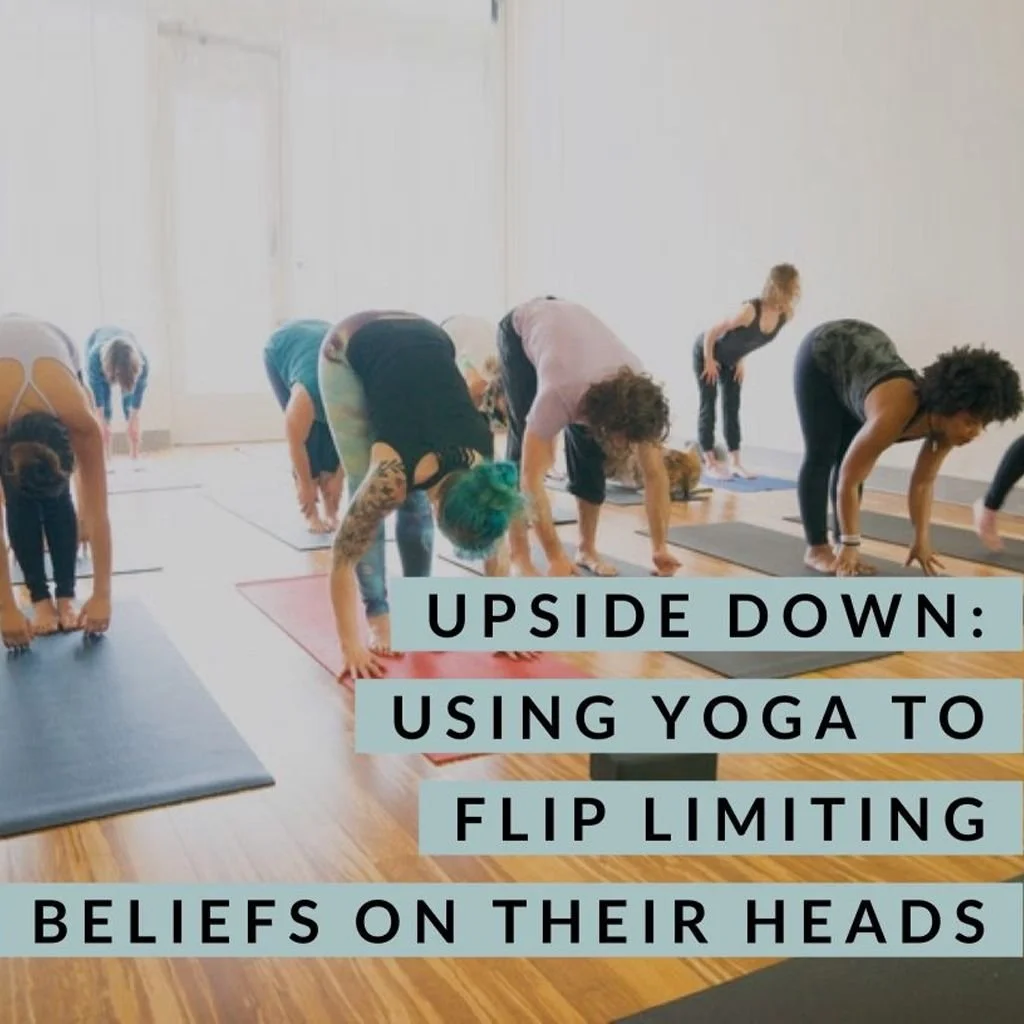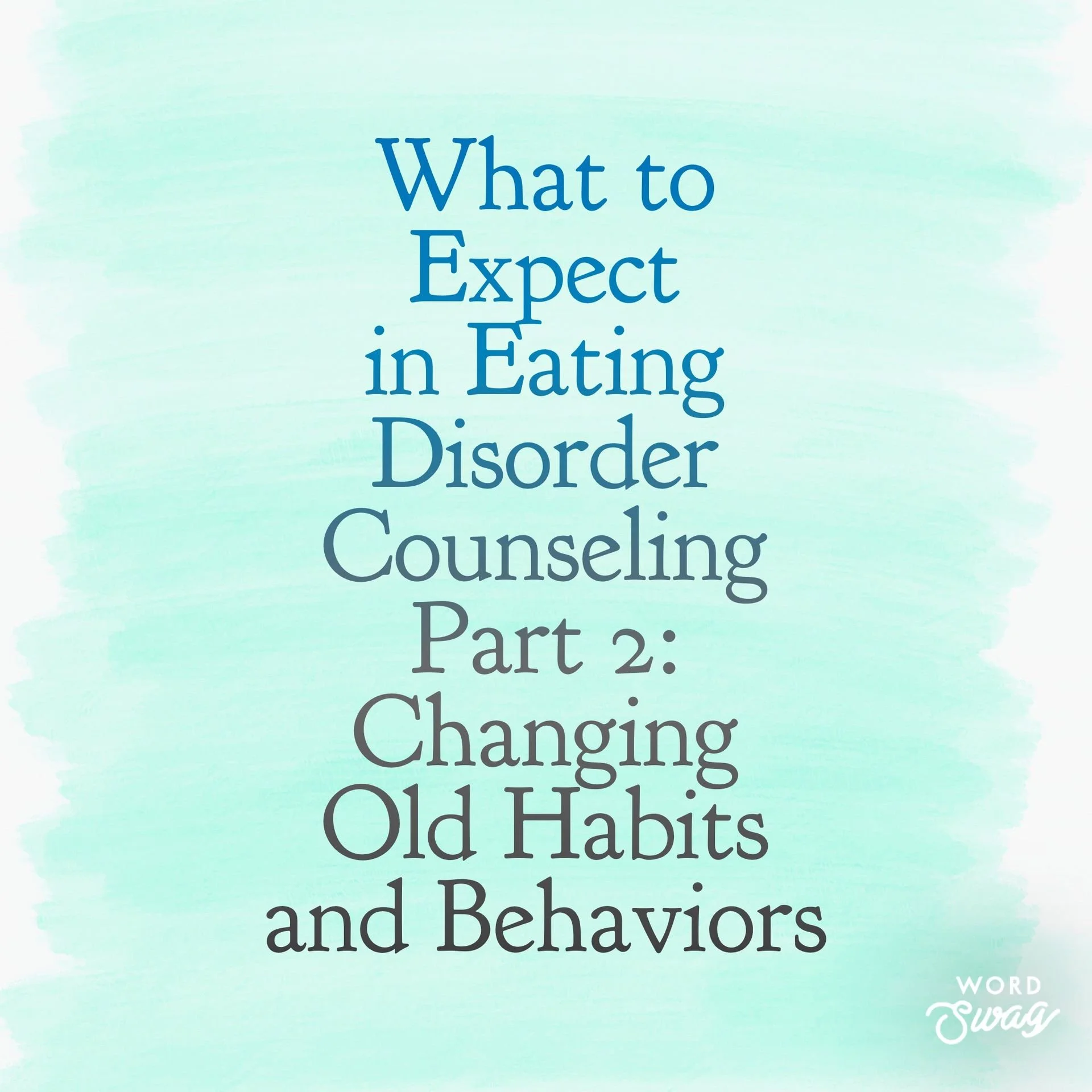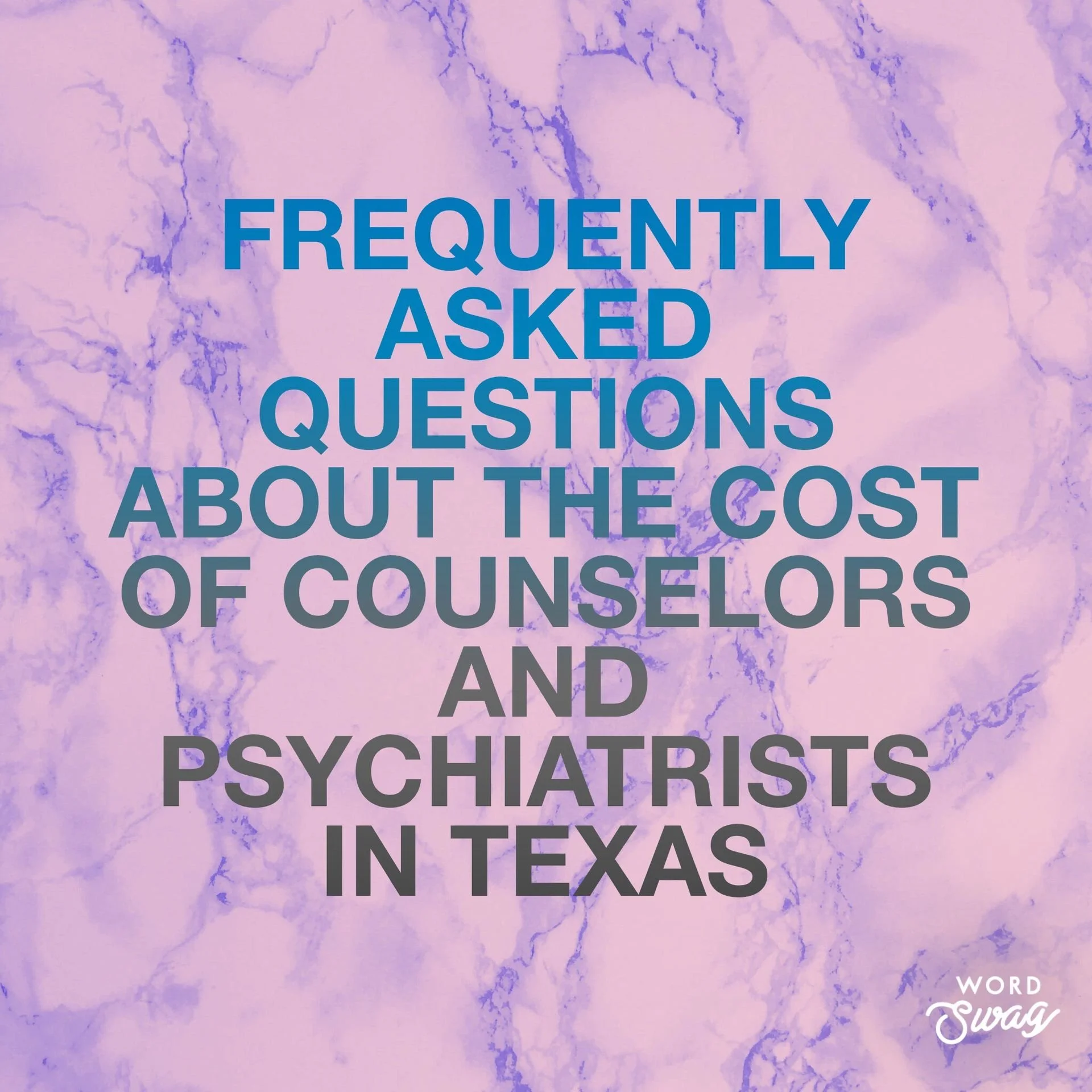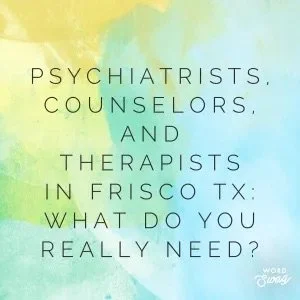
Blog:
Eating Disorder and Anxiety Therapy in Plano, Texas
Stop Binge Eating Using Emotion Regulation Skills
Do you ever feel like things are harder for you than others? You see colleagues and friends taking stressful moments in stride with a quick meditation or a walk around the block. Meanwhile, you’re still upset about a comment someone made last week. Maybe you’re starting to wonder if you missed that day of school when everyone learned to magically move on from things. What do you do when the coping skills that work for others don’t seem to be helping you the same way, especially if you struggle with binge eating?
Distress Tolerance Skills to Stop Binge Eating
When you’re trying to stop overeating, every night can look like one of those cartoons with the angel on one shoulder and the devil on the other:
“Come on … it’s been a long day and you deserve a treat!”
“Now, be reasonable. You’re trying to fit into your dress for the reunion.”
“You already messed up the week by eating all those cookies last night. You may as well finish the box so that it isn’t there to tempt you.”
“Yes, but you know you don’t feel good when you overeat. Go for a walk!”
Sound familiar …?
Upside Down: Using Yoga in Eating Disorder Recovery to Flip Limiting Beliefs on their Heads
“Welcome to class everyone . . . Except for you in the back, because you’re the wrong size and shape to be in yoga . . . Take a few deeeeeep breaths and notice how much better the woman next to you is at Downward Facing Dog . . . And then also make sure that you feel some intense shame about this thought . . . because yoga is supposed to be about accepting where you are, and not focusing on comparing. So try to get it right . . . for once . . .”
Sounds ridiculous, no?
How a Peloton Instructor Inspired a One-Woman Revolution in an Eating Disorder Therapist
As an eating disorder therapist I see firsthand the impact of the diet culture and the negative messages that are aimed at our bodies. I know the research well about how nourishing our bodies with food and physical activity is being constantly corrupted into a message full of shame and fear.
What to Expect in Eating Disorder Counseling Part 3: Maintaining Progress
In Part 1 of this blog series, I outlined what is involved in the beginning phase of eating disorder counseling. Part 2 demonstrated how therapy can help you change the behaviors that maintain eating disorders. In this blog I explain how we work together to deepen recovery work for long-lasting success.
What to Expect in Eating Disorder Counseling Part 2: Changing Old Habits and Behaviors
In Part 1 of this series, we reviewed the basics of the beginning phase of eating disorder therapy. Here I delve into the next phase: how do we actually change what we do on a daily basis and create new patterns and habits?
What to Expect in Eating Disorder Counseling Part 1: How It Starts
If you think you might need help with your eating behaviors, you are probably wondering what that might be like. If you are struggling with anorexia (severely limiting your food intake below your body’s needs), binge eating (a sense of loss of control while eating large amounts of food in a short period of time), or bulimia (episodes of both binge eating and purging-- self-induced vomiting or use of laxatives, diuretics, fasting, or excessive exercise to control weight), or any combination of these behaviors, you might benefit from treatment to help you address this and regain a healthy relationship with food and your body.
Frequently Asked Questions about the Cost of Counselors and Psychiatrists in Texas
Research tells us that therapy is effective at helping people improve their lives, so the decision to start counseling and to find a therapist that fits your needs is an important one. You are investing in your psychological and physical health so you can get the most out of your time in this world. That’s a totally worthy goal! But it’s hard to know how much to budget for this. You want a great counselor that can really help you more than anything else. But it does need to work for you financially.
Psychiatrists, Counselors and Therapists in Frisco, TX: What Do You Really Need?
So, you’ve taken the first step and admitted you need some help. The next step is often the hardest. You know you have been struggling with your mental health. Maybe you just aren't dealing well with stress. You know you need a little help feeling better. But it's overwhelming to figure out who is best to help you.









